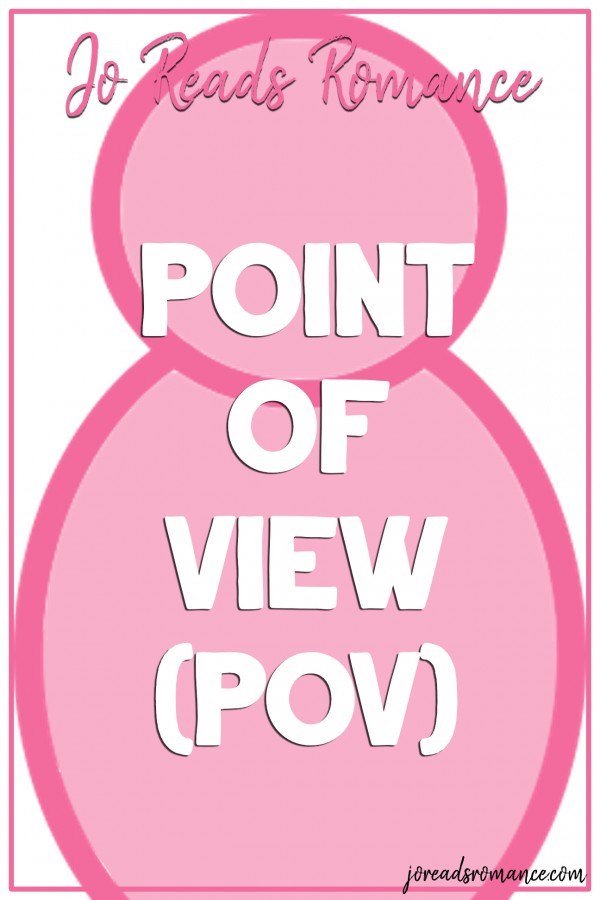
I read romance.
This is not a secret nor a surprise, I would hope.
But it’s definitely not a genre that commands the respect that it so deserves. I’ve been on the end of such snobby derision about my choice of reading materials that I have often been reluctant to admit to my adoration for romance novels.
Only part of that is due to the obscene amount of money that I spend on said books!
As a result, I’m the last person that’s going to criticise anyone’s choice of reading. If you like science fiction, crime, children’s books, Russian rural crime fiction – you do you. If reading it makes you happy then I’m never going to dampen someone’s reading choices.
So it came as quite a surprise to me when I started to get my knickers in a twist about a certain genre. I’ve known about it for a while. I’ve heard about it often. But recently I’ve started to think about it more and more – and the thoughts are not happy ones.
Women’s Fiction.
My buttocks clench at the words.
It’s not the novels that fit into that category that so offend – but the name of the category itself.
Women’s Fiction.
I don’t suppose it was originally meant as a sexist term. Since it’s definition from Wikipedia is “an umbrella term for books that are marketed to female readers” – it’s likely that it was originally devised as a genre when women writing books with women’s issues as their central theme was a fresh and progressive concept. It helped women know which books they could identify with and choose to read.
But that was then and this is now.
Now – I think I’m capable of deciding which books I will enjoy and which aren’t really my cup of tea.
If I want to read a romance. If I want my main character to be man, woman, child, alien, dog, tree. Whose issues take central stage in that novel. I can make my own decisions even if it doesn’t conform to a traditional norm. Or even if it does!
“…there’s something about Women’s Fiction as a category — books that, because of their subject matter usually, are deemed not serious enough to be of interest to men.”
Liz Kay, Novelist
So it’s my personal opinion that the term ‘Women’s Fiction’ is now so out of date – and frankly sexist – that it should be put out to pasture.
Why do we feel the need to use a term that is so inherently limiting? Are we suggesting Women’s Fiction isn’t as good as standard Fiction? Why are stories with women and women’s issues as the central theme put in a separate class? On a separate shelf in the book store?
Even if the first use of the term was innocent, the cynical part of me wonders if Woman’s Fiction is now used by men to keep women down. Keep them in their place away from the “proper” fiction by and about men and men’s issues. Why else would the sexist and outdated term continue to be used?
However, in my experience, it’s mainly women and the writer’s themselves that perpetuate this term.
“The message is clear. Men are the norm. Women are a sub-category.”
R.S. Meyers, author
Imagine if they rebranded Science Fiction as Men’s Fiction. Or perhaps Crime is more of a manly read. Is history men’s fiction?
Nope.
Everyone can read anything they want to.
And if men want to read books with a woman or women’s issues at the heart of the book – let them at it. As a romance reader, I know how it feels to be judged and shamed for my reading choices so why would I put non-women in the position to feel the same shame should they choose to read “Women’s Fiction”?
Authors will still write for those they feel will most read and like their books.
The kind of books people purchase will not change.
The stories will not change.
But the name really needs to change.
Let’s find something less sexist and less limiting. Something that shows that whether the story is about men’s issues or women’s issues, both deserve a place at the top table.
Now what the new name should be – I haven’t a clue!






No Comments